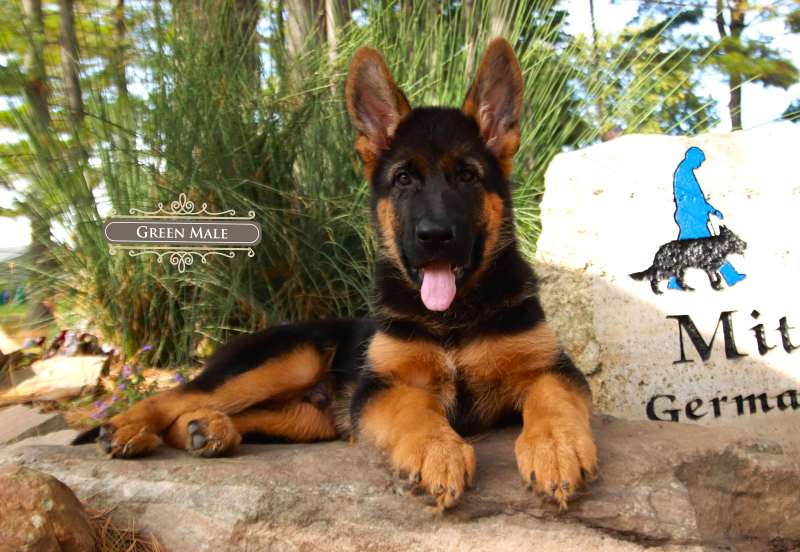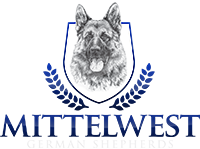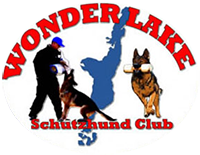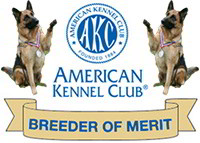Summary:
German Shepherd puppies grow fast and need a large‑breed formula that supports bone strength, joint health, muscle development, and overall vitality. The best food contains quality protein, healthy fats, balanced calcium and phosphorus, and key vitamins and minerals, while avoiding low‑value fillers and artificial additives. Consistent feeding habits, proper portion control, and a gradual transition to adult food will help your puppy grow into a strong, well‑conditioned adult.
Feeding a German Shepherd puppy isn’t as simple as picking any dog food from the shelf. As a large‑breed working dog, they grow quickly and require precise nutrition to develop strong bones, healthy joints, and lean muscle mass. Selecting the best puppy food for German Shepherds involves understanding their growth patterns and providing a formula that meets their unique needs.
The right diet fuels their active lifestyle while helping to prevent developmental problems later in life. To make the right choice, it’s important to first understand the specific nutritional requirements that support healthy growth in this breed.

Why Nutrition Matters During A Dog’s Growth
The first 12 to 18 months of a German Shepherd’s life are a period of rapid development. Their bones, joints, muscles, and organs are forming at an accelerated rate, which places high demands on their nutritional intake. A diet lacking the right balance of protein, fat, vitamins, and minerals can result in poor growth or even long‑term orthopedic problems.
Here’s how your dog’s puppyhood is supported by proper nutrition:
| Area Supported | Key Nutrients / Components | Impact on Puppy |
| Bone & Joint Strength | Balanced calcium and phosphorus | Helps bones grow at a safe rate; reduces the risk of hip and elbow dysplasia |
| Muscle Development | Adequate protein from high-quality meat sources | Builds strong, lean muscle |
| Brain & Vision Development | DHA and other omega-3 fatty acids | Supports neurological growth and eye health |
| Immune System Health | Antioxidants, vitamins, and minerals | Protects against illness during the vulnerable puppy stage |
By prioritizing balanced nutrition now, you’re investing in your puppy’s long‑term health and performance.
Essential Nutrients For A Growing German Shepherd
Raising a healthy GSD starts with understanding the nutrients that fuel proper growth. Puppies of this breed develop quickly, and their diet must meet the demands of a large‑breed body that is building strong bones, lean muscle, and a resilient immune system. If you’re wondering, what is the best puppy food for German Shepherds? It will include the right balance of the following key nutrients.
Protein
High‑quality protein is the foundation of muscle development and tissue repair. It should come from named animal sources such as chicken, lamb, beef, or fish, which supply the essential amino acids your puppy needs. Aim for a formula with at least 22% protein to support growth while maintaining a healthy body condition.
Healthy Fats
Fats are an important energy source for active puppies and play a key role in brain and vision development. Omega‑3 and omega‑6 fatty acids also support joint health and give the coat a healthy, glossy appearance. Look for ingredients such as fish oil or chicken fat to provide these essential fats.
Calcium & Phosphorus
These minerals are critical for bone strength and skeletal development. Large‑breed puppy foods are formulated with the correct calcium‑to‑phosphorus ratio to promote steady growth and reduce the risk of orthopedic issues like hip and elbow dysplasia.
Vitamins & Minerals
A balanced blend of vitamins and minerals helps regulate the body’s metabolic functions and supports immune health. Vitamin E, zinc, and biotin are especially important for maintaining a healthy skin, coat, and overall vitality.
Digestive Support
A healthy digestive system ensures your puppy can absorb and use the nutrients in their food. Natural fiber sources and probiotics aid digestion, maintain a balanced gut microbiome, and reduce the risk of digestive upset.
Providing the right mix of these nutrients during the first year sets the stage for your German Shepherd’s lifelong health. With a balanced diet tailored for large‑breed puppies, you’ll be giving your dog the building blocks they need for strong, steady growth.
What To Avoid In Puppy Food
Not all puppy foods are appropriate for a growing German Shepherd, and choosing the wrong one can affect their development. Avoid formulas with excess calcium, as this can cause bones to grow too quickly and increase the risk of joint problems. Steer clear of low‑quality fillers like corn, wheat, and soy, which add bulk without meaningful nutrition and may upset digestion.
You should also skip foods with artificial additives such as colors, flavors, and chemical preservatives, as these can trigger sensitivities or allergic reactions. Always read the ingredient list carefully. The ideal choice will list a named protein source first, contain no unnecessary fillers, and be formulated specifically for large‑breed puppies.
How Often Should You Feed A German Shepherd Puppy
Feeding the right amount is just as important as choosing the right food. Overfeeding can result in unhealthy weight gain and put stress on growing joints, while underfeeding can hinder development. Here’s a simple guide for how often to feed at each stage:
- Weaning to 3 months old – Four small meals spread evenly throughout the day.
- 3 to 6 months old – Three meals spaced across the day to keep their energy steady.
- 6 to 12 months old – Two meals a day to support continued growth without overfeeding.
Portion sizes should follow the guidelines on your puppy food packaging, but be adjusted based on your puppy’s body condition. Monitor their weight weekly and make small adjustments as needed. Your goal is a lean, well‑muscled puppy and not one carrying extra fat.
When To Switch Your German Shepherd To Adult Food
German Shepherd puppies typically switch to adult food between 15 and 18 months of age. This transition should be gradual in order to avoid digestive upset. Over a week to ten days, mix increasing amounts of adult food while reducing the amounts of puppy food until the change is complete.
Switching too early can deprive your dog of essential growth nutrients, while switching too late can risk over‑supplementing calcium and other growth‑focused nutrients.
Common Feeding Mistakes To Avoid
Even the most attentive owners can make feeding choices that hold back their puppy’s growth or create long‑term health issues. Recognizing these mistakes early makes it easier to correct them and keep your German Shepherd on track.
- Free‑feeding, or leaving food out all day, encourages overeating and can lead to unhealthy weight gain.
- Switching foods too often disrupts digestion and prevents a consistent nutrient intake.
- Giving too many treats unbalances the diet and adds unnecessary calories.
- Feeding portions meant for adult dogs fails to meet the nutritional needs of your growing puppy.
- Offering supplements without veterinary guidance can throw off important nutrient ratios.
- Sharing table scraps introduces unhealthy ingredients or even toxic foods, while also encouraging bad habits.
Avoiding these habits will help you maintain a balanced, reliable feeding routine. A consistent plan with measured portions, high‑quality puppy food, and minimal extras gives your German Shepherd the best chance to grow into a healthy, well‑conditioned adult.
Frequently Asked Questions About German Shepherd Food
Feeding a German Shepherd puppy involves more than simply choosing a brand of food. Here are clear answers to some common questions owners often have.
Can I Feed My German Shepherd Puppy A Raw Diet?
Yes, but it must be carefully planned with a veterinarian to ensure balanced nutrition and handled safely to avoid bacterial contamination.
Do German Shepherd Puppies Need Grain‑Free Food?
Unless a veterinarian diagnoses a grain allergy, healthy whole grains can be a beneficial source of nutrients and fiber.
Should I Add Wet Food To My Puppy’s Diet?
You may add wet food for extra flavor and moisture, but it should only supplement a complete puppy formula rather than replace it.
Can My Puppy Have Dairy Products?
Most German Shepherd puppies are lactose intolerant, so dairy can cause stomach upset. If you choose to offer it, stick to small amounts of lactose‑free options and watch for any digestive issues.
Do Supplements Help With Growth?
Supplements are helpful in certain cases, but they should only be given under veterinary guidance to avoid nutrient imbalances.

Providing balanced meals, safe extras, and appropriate feeding habits will give your German Shepherd puppy the best foundation for a healthy, active life.
Setting Your Puppy Up For Lifelong Health
Giving your German Shepherd puppy the right diet from the beginning is one of the best ways to support their future health. A high‑quality large‑breed puppy food provides the balanced nutrition needed for steady growth, strong bones, healthy joints, and lasting vitality. By focusing on controlled feeding, avoiding unnecessary fillers, and supporting overall wellness, you’re building the foundation for a lifetime of health.
At Mittelwest German Shepherds, we raise our puppies on carefully selected diets that meet these exact standards. We understand the role proper nutrition plays in shaping a healthy, capable German Shepherd, and we guide new owners in feeding practices that protect their puppy’s growth and long‑term well‑being. With the right start, your puppy will be well‑prepared for a life full of strength, agility, and loyalty.













